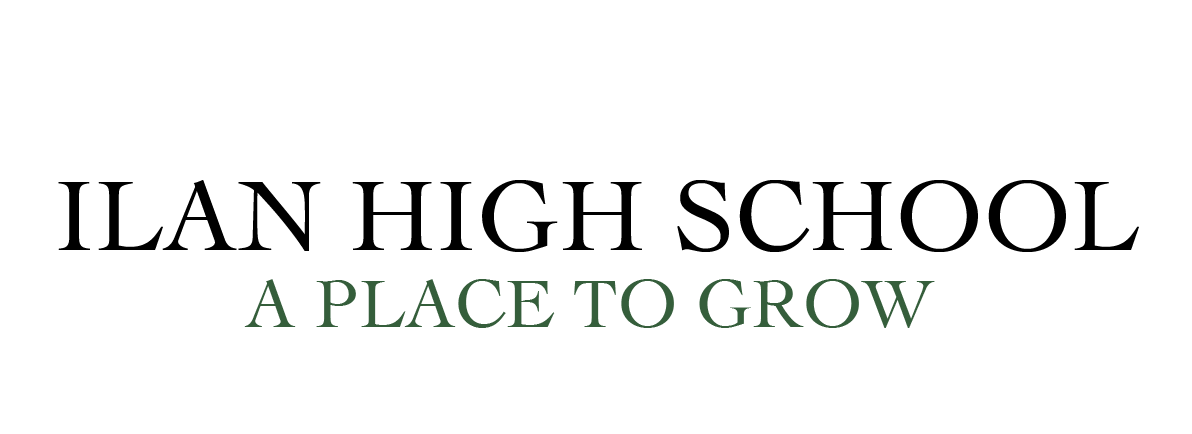AP United States History
AP United States History is a full-year introductory college course in United States history from the first European explorations of the Americas to the present. Students learn to assess historical materials and to weigh the evidence and interpretations presented in historical scholarship. Students develop the skills necessary to arrive at conclusions on the basis of an informed judgment and to present reasons and evidence clearly and persuasively in essay format. The AP examination covers political institutions and behavior, public policy, social and economic change, diplomacy and international relations, and cultural and intellectual developments.
AP Biology
This course is offered to the serious science student who is interested in biological science and has exhibited strong science skills necessary to analyze data critically and arrive at meaningful conclusions. Topics covered include cell theory, energy of life, genetics, plant biology, human systems, and ecology. Laboratory activities enhance student critical thinking and documentation of conclusions.
AP Chemistry
This course is offered to a serious science student who may be interested in pursuing a college major in chemistry or a science-related career. The course begins with a review of basic concepts and advances to a broad range of topics including electrochemistry, thermodynamics, quantum mechanics, and radioactivity. Problem-solving activities in the laboratory figure significantly in the course curriculum.
AP Calculus
The most advanced of our math courses allows a student to earn college credits. Methods of differential and integral calculus are covered along with their applications. Topics covered included the calculus of parametric, polar, and vector-valued functions.
AP Government and Political Science
This college level course in U.S. government and politics includes the study of general concepts used to interpret U.S. politics and the analysis of specific systems. The AP exam covers the constitutional underpinnings of democracy, political beliefs and behaviors, political parties and interest groups, the branches of government, institutions and policy processes, and civil rights and liberties.
AP Psychology
This college level course is an introduction to the study of psychology. Areas studied include topics such as stages in human development, theories of personality, development of self-esteem, altered states of awareness, dreams, emotions, and other basic concepts which explore and explain the human experience. The course is designed to increase understanding of human behavior.
Advanced English
The advanced college level English program follows a rigorous syllabus that is challenging and stimulating to the student. This program allows students to study British literature in greater depth and detail. The students must assume the responsibility of reasoning, analyzing, and understanding the prose, poetry, and drama presented during the course.
Advanced Economics
This six-credit course covers fundamentals of macroeconomics and microeconomics, focusing on economic systems, measurement of economic performance, macroeconomic theory and policy, the international economy, models of consumer choice, firm production, costs and revenues, product pricing, factor markets, and the role of government.
Advanced Jewish History
Young Jewish women often find themselves in a chaotic and confusing world. With heavy emphasis on translating philosophical concepts into practical application, this course can help ease some of the difficulties of growing up. These lively, thought-provoking classes are extremely popular with students due to the wide range of issues covered and the clarity of Torah direction provided.
Holocaust Studies
This elective course focuses on studying the Holocaust from contemporaneous source material. Responsa, memoirs, letters, diaries, political documents, photographs, maps, and audiovisual materials are used to help students gain insight into this painful chapter of Jewish history. This course covers the Weimar Republic, the rise of Nazism, racial discrimination, the Kindertransport, life in the ghettos and camps, rescue efforts, righteous gentiles, refugees and displaced persons, and the rebuilding effort in the aftermath of the war years. Students explore the “choiceless choices” and moral dilemmas faced during this devastating time.
Precalculus
This course is an extension of all algebraic concepts and functions covered previously with special emphasis on trigonometry. Students will be prepared to advance to college math at the conclusion of this course. Topics include linear, quadratic, polynomial exponential, logarithmic, and rational functions. Methodology stresses problem solving, applications, and use of graphing calculators.
Law
This one-semester college level course deals with several types of law in depth. While studying criminal law, students read and interpret actual Supreme Court cases and create a civil lawsuit containing a complaint, an answer, several causes of action, and interrogatories. The segment on Constitutional law emphasizes the First, Fourth, and Fifth Amendment rights. At the conclusion of this course, students have a working knowledge of the United States legal system.
Modern World History
Modern World History is a one-semester college level course which focuses on the 20th and 21st centuries. The following key themes are revisited throughout the semester: global interrelatedness, identity and difference, rise of mass society, and technology vs. nature. Subjects covered include World War I, Imperialism, Bolshevism, the rise of Fascism, the struggle against Colonialism, the Cold War, the Middle East and Israel’s search for security, the rise of terrorism in the 21st century. The study of current events is an integral part of the course in order to understand and connect past occurrences with current happenings.
Join our mailing list!
Sign up to receive email updates on future events, auctions, and news.
